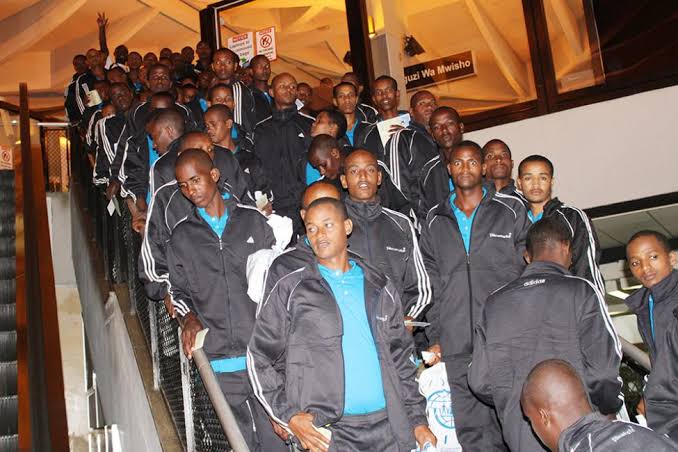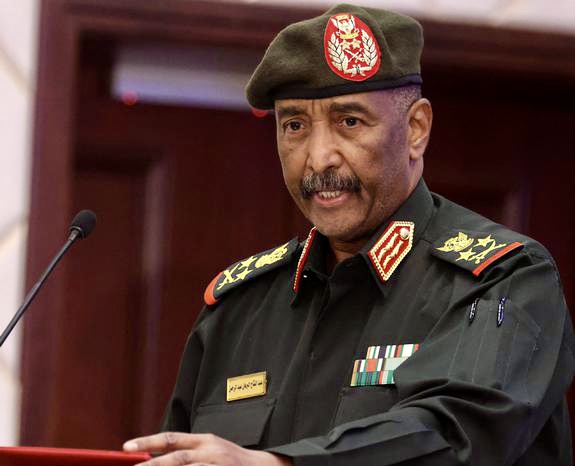Avellon Williams
KENYA – A cash squeeze caused by enormous interest payments should not lead to Kenya defaulting on debt repayment, said the president’s chief economic adviser on Monday.
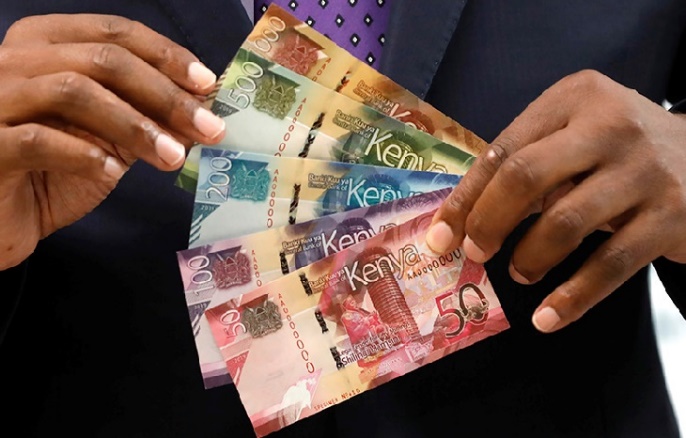
In light of Kenya’s debt burden, coupled with a weakening local currency and international market turmoil precipitated by the banking crisis, there is speculation that it may soon default, much like Zambia and Ghana.
According to David Ndii, the president’s adviser, Nairobi does not intend to go down that route.
“We are not insolvent. We can finance repayments. It is a significant sacrifice but we are actually able to pay,” Ndii told Citizen TV late Monday.
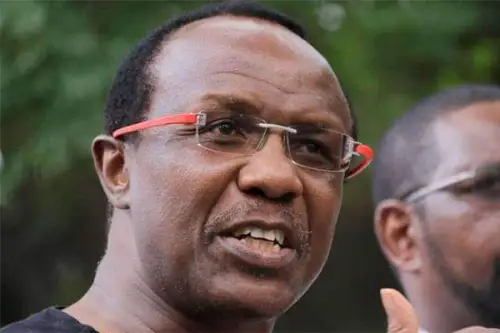
He said defaulting was a “very bad idea” since it would force the government to “spend the next three to four years in very protracted debt restructuring negotiations”.
Since the debt binge began nearly a decade ago, interest payments on domestic debt alone have surged from 180 billion shillings ($1.34bn) to 680 billion shillings ($5.09bn) this year, Ndii said.
The high cost of living and growing debt repayments have challenged President William Ruto since he won a hotly contested election in August. In March, this led to protests organized by veteran opposition leader Raila Odinga.
According to Opiyo Wandayi, the leader of the opposition in the national assembly, the government is failing to pay its workers.
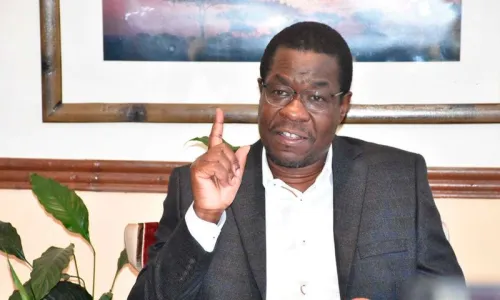
“Civil servants and MPs have gone to Easter without salaries,” he said in a statement issued during the weekend.
On Tuesday, he did not respond to a request for comment, but another lawmaker told Reuters that the salaries were sent to bank accounts that morning.
There was a delay in getting lawmakers’ March salaries by April 7, as opposed to the usual timeframe of March 26-30.
Among the reasons for the delays, Ndii attributed them to the rising repayments of debts. The matter has not been commented on by Finance Minister Njuguna Ndung’u.
RELATED:


